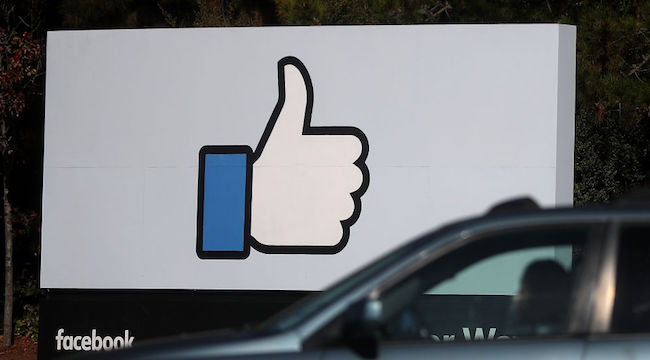
Facebook is continuing to experiment with solutions for curbing the deluge of “fake news” being shared on its platform. However, it just retired one attempt that didn’t pan out. New research indicates flagging questionable articles as “disputed” actually makes users more likely to click on them. Instead, the social media giant will share “related articles” to provide context, as the research shows this is more helpful in encouraging users to be more discerning about the content they consume.
As Facebook explained in a blog post:
“We are starting a new initiative to better understand how people decide whether information is accurate or not based on the news sources they depend upon. This will not directly impact News Feed in the near term. However, it may help us better measure our success in improving the quality of information on Facebook over time.”
Because Facebook is still insisting it is a tech company (and not a media company), and because it has been such an effective gateway for propagandists to reach users none the wiser, the platform has been experimenting with non-traditional means for combating dubious sources. To that end, they’ve consulted academic research that suggests the “disputed” flag doesn’t actually work. Why? Because it can come across as combative and even “entrench deeply held beliefs.”
What does work, though, is offering “Related Articles” that provide additional information and perspectives without suggesting that an idea is dangerous or inherently wrong. Per Facebook, their staff has “found that when we show Related Articles next to a false news story, it leads to fewer shares than when the Disputed Flag is shown.” They add that by making fake news stories less appealing, they get fewer clicks to the tune of up to 80 percent of their traffic. “This destroys the economic incentives spammers and troll farms have to generate these articles in the first place.”
(Via: Axios)
